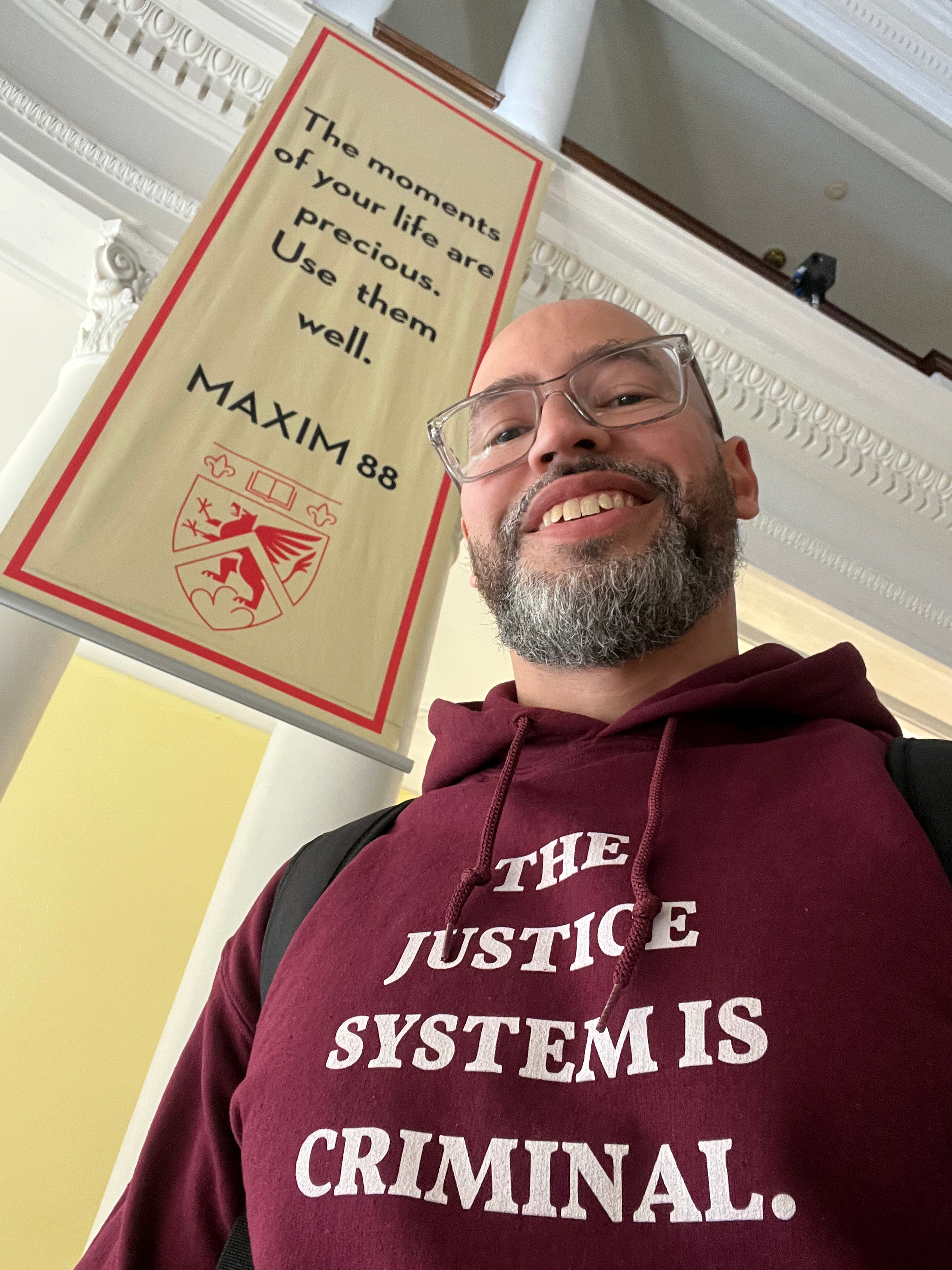An RJ Story
- Felix Rosado

- Apr 26, 2020
- 2 min read
Updated: Dec 4, 2020
By Maco "Mu" Maldonado
January 5, 2018
There have been many memorable restorative justice moments throughout the past nine years that have impacted my life. A few years ago, a session from the Advanced RJ Workshop that focused on people harmed and those who inflicted it on others resonated with me the most.
The complexity of the discussion and sensitivity of the issue led to answers of processing questions by participants difficult to digest. Initially, the responses reflected a self-appraising view indicative of some people in prison. Simply, some people in prison have been harmed and refuse to see themselves other than that. In many instances, this perception justifies the reasoning for their acts of harm on others. This perception is further marred by the adversarial process of the criminal legal system. The inherent flaw of winning cases objectifies people, which often neglects the needs created by harm.
THe discussion reflected the effect of this perception with a predominant theme of the participant's unwillingness to forgive someone who potentially may harm a loved one. In time, it became a chorus-like until one person became the contrarian. This individual reasoned that it would be hypocritical and unjust to deny forgiveness to someone who harmed one of his family members. He shared how he has harmed people in the past and how being forgiven was a liberation of the prison built by those acts. To deny someone else the grace he received would be ab affront to those who extended it to him.
It was clear that his remark changed not only the flow of the discussion, but also some of the minds in that room. The facial expressions of those positively affected by his comment spoke volumes. I distinctly remember those reactions. It brought a smile to my face and heart. That moment reinforced how our work creates spaces for restorative education, an education that can not only change the criminal legal system, but also change lives.

Comments